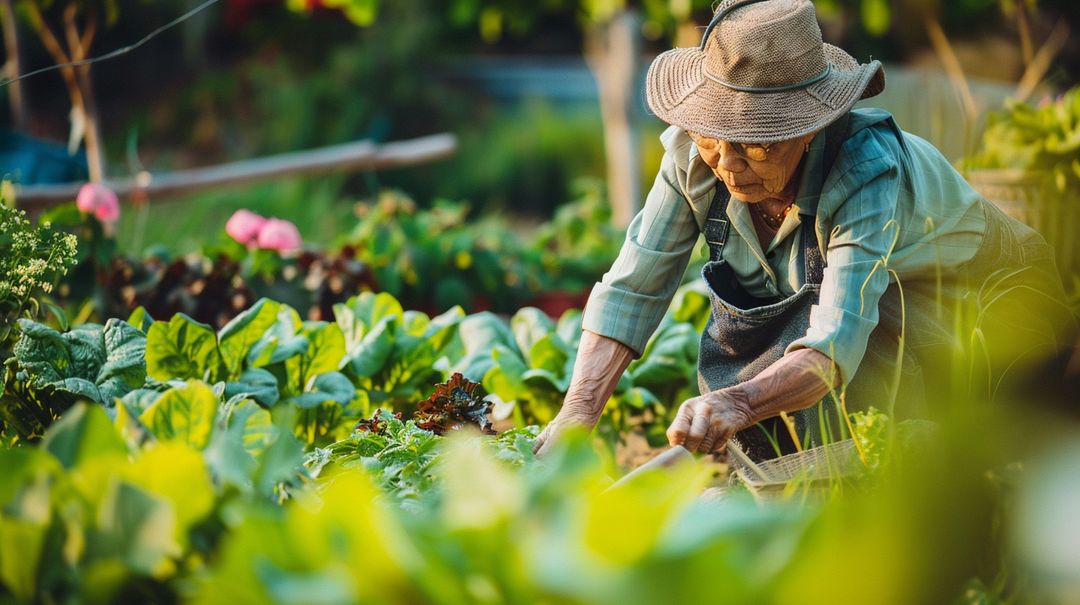Gardening is a cherished activity for many seniors, offering both physical and mental health benefits. For those seniors, creating and maintaining a garden can also be a comforting piece of home in a new environment. However, traditional gardening can be physically demanding, and unfamiliar climates or soil types can pose unexpected challenges.
Enter smart gardening: a technological revolution that empowers seniors to cultivate beautiful, thriving gardens with less physical strain and more joy.
Smart gardening incorporates technology to simplify the cultivation and maintenance of plants. Through automated systems, sensors, and apps, seniors can enjoy gardening with ease, regardless of their physical condition or gardening expertise. This approach is especially beneficial for seniors, as it allows them to navigate the challenges of gardening in a foreign environment more successfully.

Automated Watering Systems: These systems ensure plants receive the right amount of water without manual intervention. Sensors can detect soil moisture levels, and timers can be set to water plants at the most effective times of day, conserving water and promoting healthy plant growth.
Climate Control and Monitoring: Smart sensors and apps provide real-time data on weather conditions, soil quality, and plant health. This information can help seniors make informed decisions about plant care, especially in regions with climates different from their home country.
Garden Planning Apps: These apps assist in designing a garden layout, selecting plants suitable for the local climate, and scheduling planting and harvesting times. They can also offer tips for dealing with local pests and diseases.
Remote Garden Management: For seniors who travel or have mobility issues, the ability to monitor and manage their garden remotely is invaluable. Smart gardening technology allows users to adjust settings and check on their garden from anywhere, using a smartphone or tablet.
Reduced Physical Strain: Automated systems take over the more labor-intensive aspects of gardening, making it accessible for seniors with limited mobility or those who prefer a less physically demanding approach.
Enhanced Learning: Smart gardening provides an opportunity to learn about new technologies and gardening techniques, keeping the mind active and engaged.
Emotional Well-being: Cultivating a garden can provide a sense of accomplishment, connection to nature, and a peaceful retreat. Smart gardening enhances these benefits by reducing the stress associated with traditional gardening methods.
Social Interaction: Joining online gardening communities or clubs can offer social connections, support, and shared learning experiences, helping seniors living abroad to feel less isolated.
Identify Your Gardening Goals: Consider what you want to achieve with your garden. Are you interested in growing vegetables, creating a floral display, or both?
Research Smart Gardening Tools: Explore the various smart gardening tools and apps available, focusing on those that meet your specific needs and skill level.
Start Small: Begin with a manageable project, such as a smart pot or a small automated herb garden. This will allow you to learn and adjust as you go without becoming overwhelmed.
Seek Support: Don't hesitate to reach out to local gardening clubs or online forums for advice and support. Many communities are eager to welcome and assist senior gardeners.
Smart gardening offers seniors a wonderful opportunity to engage in gardening in a new, less physically demanding way. By integrating technology into the gardening process, seniors can overcome many of the challenges associated with gardening in unfamiliar territories, making it possible to enjoy the therapeutic benefits of gardening.